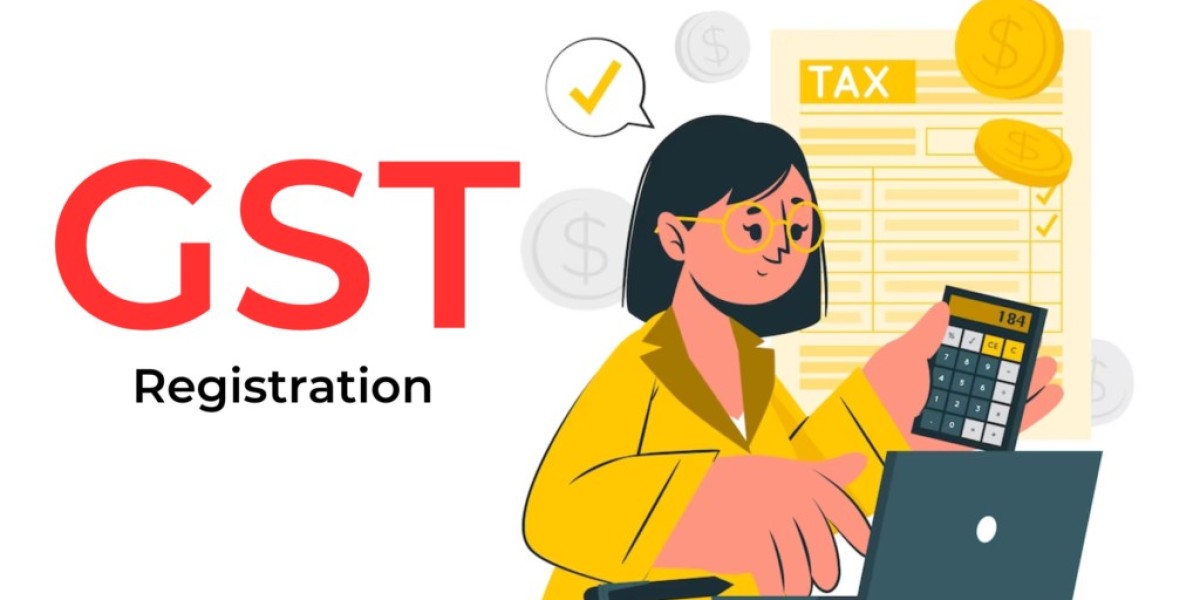Goods and Services Tax (GST) has revolutionised the taxation system in India by simplifying indirect taxes into a single unified tax. Every business whose turnover exceeds the prescribed threshold needs to obtain GST registration to comply with legal requirements and avoid penalties. The process of GST registration is straightforward but requires submitting specific documents to the GST authorities. In this blog, we provide a comprehensive checklist of the essential documents required for smooth and hassle-free gst registration.
Why is GST registration important?
GST registration is mandatory for businesses engaged in the supply of goods and services with turnover exceeding the threshold limits (currently ₹40 lakhs for most states and ₹20 lakhs for special category states). Registered businesses can avail input tax credit, legally charge GST to customers, and stay compliant with government regulations.
Who Should Apply for GST Registration?
Businesses with turnover exceeding the threshold limits
E-commerce operators
Casual taxable persons
Agents of a supplier
Non-resident taxable persons
Input service distributors
Documents Required for GST Registration
PAN Card of the Business or Applicant
The Permanent Account Number (PAN) of the business or the proprietor is mandatory to verify the identity of the applicant. It serves as the primary identification document for gst registration.Proof of Business Registration or Incorporation Certificate
Depending on the nature of the business—whether it is a proprietorship, partnership, LLP, or company—documents like partnership deed, incorporation certificate, or registration certificate are required.Identity and Address Proof of Promoters/Directors
Valid identity documents such as Aadhaar card, voter ID, passport, or driving license of promoters or directors must be submitted. Additionally, proof of their current address is essential.Photograph of Promoters/Directors
Recent passport-sized photographs of all promoters or directors are necessary for identification and verification.Address Proof of Business Premises
Utility bills (electricity, water, gas), a rent agreement, or ownership proof of the premises where the business operates must be provided. If the premises are rented, a No Objection Certificate (NOC) from the owner is required.Bank Account Proof
A copy of the canceled cheque, bank statement, or passbook showing the bank account details in the name of the business is mandatory for gst registration.Digital Signature
For companies and LLPs, at least one authorised signatory must possess a digital signature certificate (DSC) to sign the GST application electronically.Photograph of the Business Premises
Clear images of the business location from different angles are often needed to prove the existence of the physical premises.Authorization Letter or Board Resolution
In case someone other than the proprietor or director applies for GST registration on behalf of the business, a signed authorisation letter or board resolution must be submitted.Additional Documents (if applicable)
For imports and exports: Import Export Code (IEC)
For businesses involved in specific sectors: special licenses or registrations may be required.
How to Ensure a Smooth GST Registration Process?
Before submitting your application, ensure all the documents are clear, valid, and up to date. Any discrepancies or missing documents may delay the registration process. You can apply for GST registration online via the GST portal, where you need to upload scanned copies of the required documents.
Conclusion
Obtaining gst registration is a crucial step for businesses operating in India to remain compliant with tax laws and benefit from the GST system. Preparing all necessary documents in advance can make the registration process swift and hassle-free. If you are starting a new business or your turnover exceeds the prescribed limits, ensure you follow this comprehensive checklist to avoid any last-minute hurdles.






